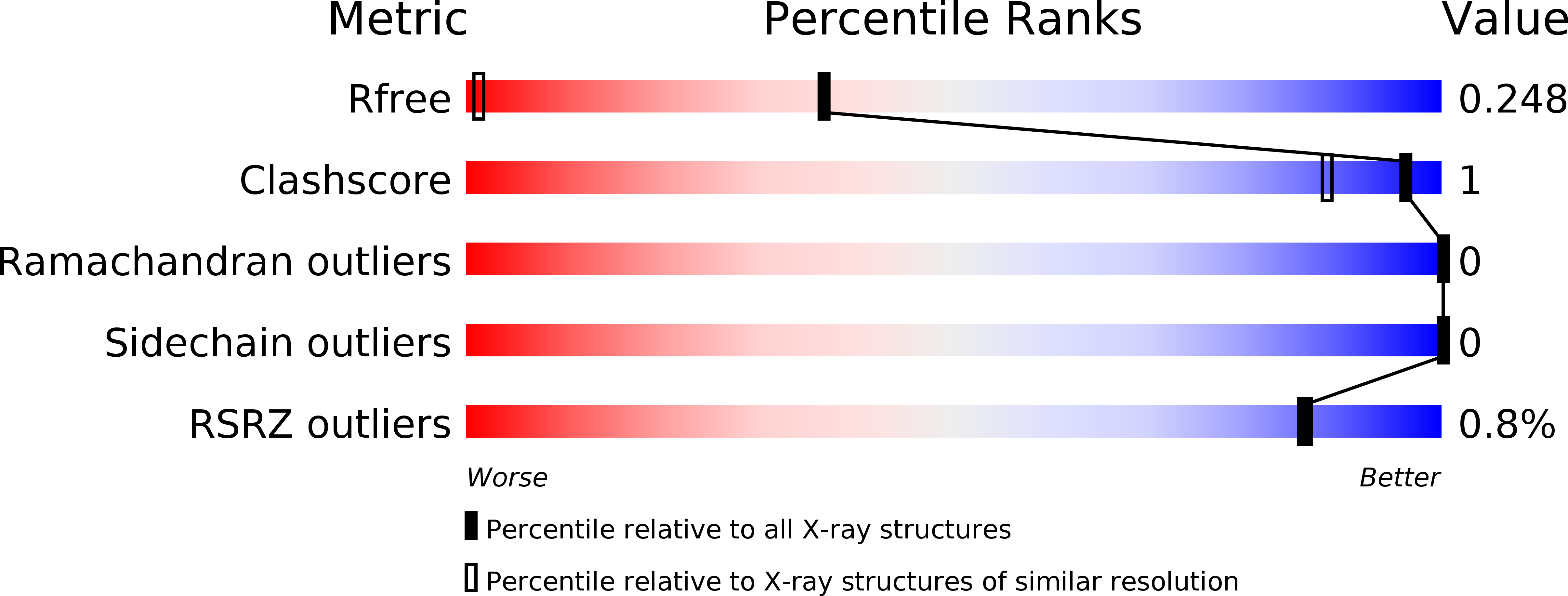
Deposition Date
2015-11-30
Release Date
2016-02-24
Last Version Date
2024-11-06
Method Details:
Experimental Method:
Resolution:
1.20 Å
R-Value Free:
0.24
R-Value Work:
0.20
R-Value Observed:
0.21
Space Group:
P 43 21 2


